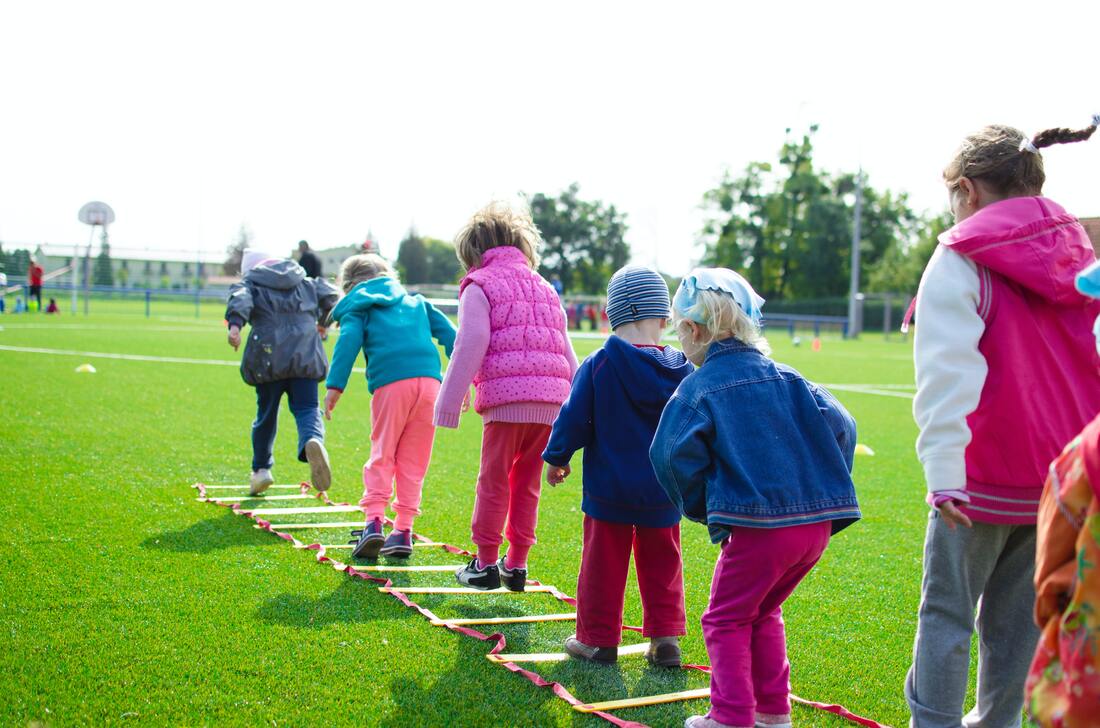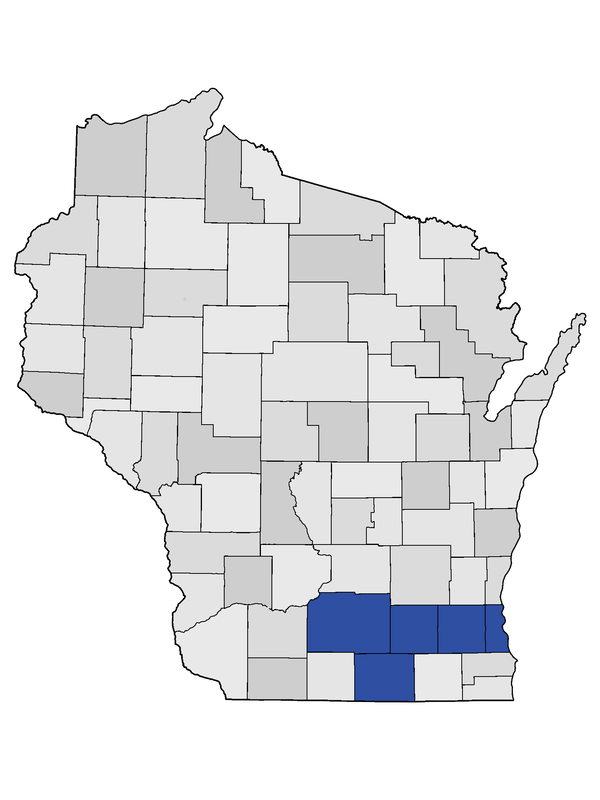Our Program
The foundation of our program has its roots in the Early Start Denver Model (ESDM), which utilizes a developmental curriculum that defines skills to be taught through engaging, movement-based natural play activities. ESDM methods help children participate in developmentally appropriate activities and encourage children to use skills spontaneously and in different environments.
Our clinical intervention teams use a data based approach and empirically supported teaching practices that have been found effective from research in applied behavior analysis (ABA).
Our clinical intervention teams use a data based approach and empirically supported teaching practices that have been found effective from research in applied behavior analysis (ABA).
Step-by-Step CurriculumFamilyPath uses an inventory of learning objectives that are based on typical child development to create relevant, achievable goals for your child. The majority of goals are founded in the ESDM curriculum and are individually written with your child in mind to help them reach their fullest potential.
|
Individualized TreatmentEach goal is written in a multi-step format to develop skills using a "ladder" approach to learning. This style of learning meets your child where they are and builds upon their skillset as they grow.
|
Family Training & SupportIn addition to providing skill development to children, the team at FamilyPath integrates parent and family training into each child's program to empower caregivers to support their child at home and in the community.
|
Early Start Denver Model
What is ESDM?The Early Start Denver Model (ESDM) is an evidence-based intervention that fuses behavioral and developmental principles into an integrated play-based approach to treatment. ESDM can be implemented in a variety of natural settings such as the home or the daycare/preschool by trained therapists as well as parents within play and daily routines. ESDM is based on the methods of Applied Behavior Analysis.
|
Applied Behavior Analysis
What is ABA?
Applied Behavior Analysis (ABA) is an evidence-based therapeutic intervention that focuses on developing skills in a variety of areas such as social skills, cognition, language development, self-care, and more through behavior change. Applied Behavior Analysis techniques develop these skills by analyzing an individual's behavior and adjusting the environment and consequences as they relate to that behavior. ABA has a variety of subspecialties that utilize the basic principals of ABA.
What was the greatest benefit that you and/or your child received from FamilyPath services?*
Cambridge Family
/
- 1
- 2
- 3
- 4
- 5
Our son has learned so much from the team. He would not be as far in life if we hadn't worked with FamilyPath. They also helped me see the things he CAN do and not focus on the hardships of Autism.
/
- 1
- 2
- 3
- 4
- 5
Fitchburg Family
/
- 1
- 2
- 3
- 4
- 5
We all learned a lot! [My son] made huge gains and in a short time he acquired many skills. Now, I have a better understanding of my son's needs and about autism.
/
- 1
- 2
- 3
- 4
- 5
Monona Family
/
- 1
- 2
- 3
- 4
- 5
He's got some skills that I don't think I had at his age. He learned great social skills like responding when people talk to him. He couldn't do a lot before and now he's just grown so much!
/
- 1
- 2
- 3
- 4
- 5
Fitchburg Family
/
- 1
- 2
- 3
- 4
- 5
The greatest benefit we received was all the strategies that were used to help [our daughter] navigate every day life.
/
- 1
- 2
- 3
- 4
- 5
- 0
- 1
- 2
- 3
*These responses were collected during our Client Exit Interviews upon completion of our program.
Meet Our Leads
Each one of our Lead Therapists is a Board Certified Behavior Analyst (BCBA) with extensive training in the Early Start Denver Model and nearly a decade of direct service experience.
Meet Our Clinical Director
Our Lead Team is supervised by our Clinical Director, Tiffany Palmbach, BCBA, LMFT.
Tiffany is an ESDM certified therapist who has worked in the field since 1996.
Tiffany is an ESDM certified therapist who has worked in the field since 1996.
Ready to take the next step in your child's treatment?
Ready to take the next step in your child's treatment?










